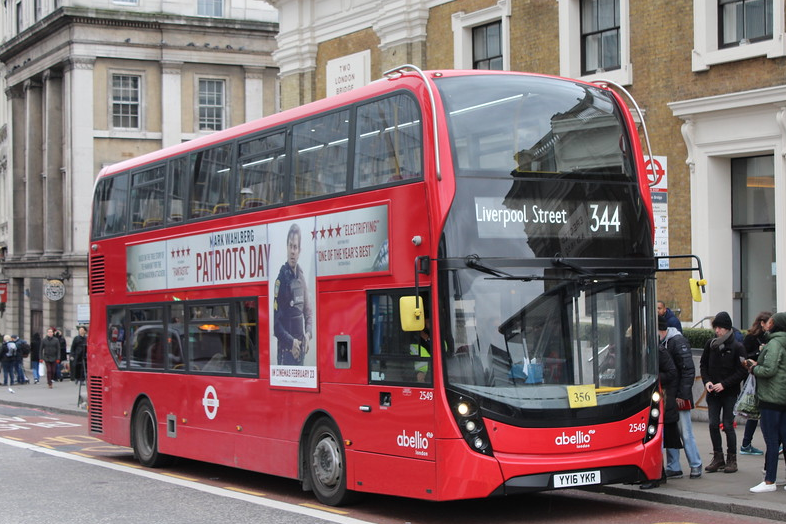London Bus Operator Reports Reduced Accidents via Collision Mitigation Plan
Abellio London, one of London’s leading bus operators, has launched a major trial of safety technology focused on reducing bus collisions with cyclists, motorcycles, pedestrians and other road users.
The trial is supported by Transport for London (TfL) through a grant from its Bus Safety Innovation Fund.
The trial’s findings to date show the Mobileye collision avoidance technology utilitzed has reduced avoidable collisions by 29 percent and reduced injuries from such collisions by 60 percent.
What It Is: Abellio London’s safety technology trial is employing an aftermarket collision avoidance technology, which is engineered by the same team developing some of the world’s most sophisticated advanced driver assistance systems (ADAS) and autonomous vehicle technology. The solution can be retrofitted to almost any vehicle already on the road. For bus drivers, in particular, the the system provides critical audio and visual alerts that assist in preventing or mitigating collisions. Features include:
- Forward Collision Warning: Warns drivers of an impending rear-end collision with a car, truck or motorcycle.
- Pedestrian and Cyclist Collision Warning: Warns drivers of impending collision with pedestrians or cyclists.
- Headway Monitoring and Warning: Warns drivers if the distance between a bus and a vehicle ahead becomes unsafe.
- Lane Departure Warning: Monitors lane markings and warns drivers of unintentional lane deviation.
- Speed Limit Indicator and Traffic Sign Recognition: Recognizes and reads speed limit signs; warns drivers when they are exceeding the speed limit.
Abellio London operates 48 bus routes across London and runs more than 740 vehicles. For the trial, 66 buses on three of the company’s London routes have been equipped with Mobileye collision avoidance technology – each having a camera unit installed on the inside of the windshield and a display placed in the driver’s cab. The final results of the trial should be available by the end of this year.
Why it Matters: According to data from the U.S. Department of Transportation’s Federal Motor Carrier Safety Administration, an estimated 119,000 injury-causing crashes involving large trucks or buses occurred in 2016 in the U.S.; in addition, 4,440 large trucks and buses were involved in fatal crashes during that year.1 Collision avoidance technology can play a critical role in reducing both the high volume of crashes and the injuries and fatalities they cause.
Findings to date indicate a 29 percent reduction in avoidable collisions – those which are in the driver’s control to prevent – and a 60 percent reduction in injuries resulting from avoidable collisions (that is, even when collisions nonetheless take place, they are significantly less serious). These results reflect the significant safety increase that collision avoidance systems can bring about both in the U.S. and globally. And they suggest that higher standards in bus safety are easily achievable in cities and regions beyond London that have the will to pursue them.
Category: Featured, General Update, News, Safety










